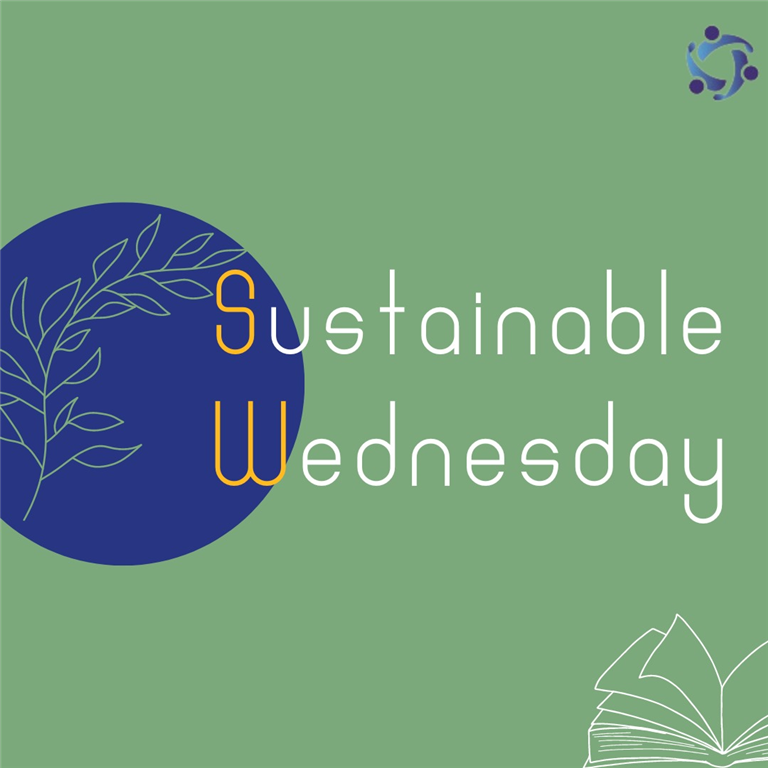Sustainable Wednesday: 3 Tips for Implementing Eco-Friendly Food Practices in Schools
Published Stephanie Clark on Wednesday, February 21, 2024 9:00 AM

As the international education industry continues to grow, schools have an opportunity and responsibility to model sustainability for their students and staff. Implementing eco-friendly food programmes on campus is one impactful way of doing this, and can support local economies and reduce waste at the same time. Here are three tips for making your school's food practices more sustainable.
Source local and organic ingredients
Buying ingredients for school cafeterias from nearby suppliers checks two important boxes – cutting carbon emissions by reducing miles travelled and supporting local businesses. This not only decreases the school's carbon footprint but teaches students about their regional food systems. Placing an emphasis on organic produce further minimises the environmental impact while serving students and staff healthier, chemical-free meals. Set benchmarks to source minimum percentages of all food purchases from local producers, for instance 40-50%, and make at least 30% of dishes organic.
Reduce waste through composting and donations
Educational institutions produce tons of food waste each year, which usually ends up overflowing landfills. This challenge can be tackled by establishing composting initiatives on campus, using food waste from cafeterias as nutrients for on-site garden beds, and by donating unused lunches to food banks and shelters. For maximum effectiveness it’s important to get everyone involved, so raise awareness by putting up educational posters and promoting competitions to get students excited about joining in the sustainability fight.
Provide sustainable dining options
Adding meatless and plant-based dishes to school menu options greatly reduces the climate and land impact of what students eat. Not only this, but it exposes students to ethical and inclusive dining. Instead of simply being afterthoughts, make vegetarian and vegan options prominently visible in canteens and educate students on the ecological benefits of choosing these dishes.
Although making these transitions requires some initial hard work, the benefits are well worth it. Implementing these eco-friendly food practices is not only critical for modelling values for students, but also for the broader community. Are you interested in learning more about sustainability in international education? Check out the other posts in our Sustainable Wednesday series!
Written by Stephanie Clark
Previous Article Promote Your School Next Article



